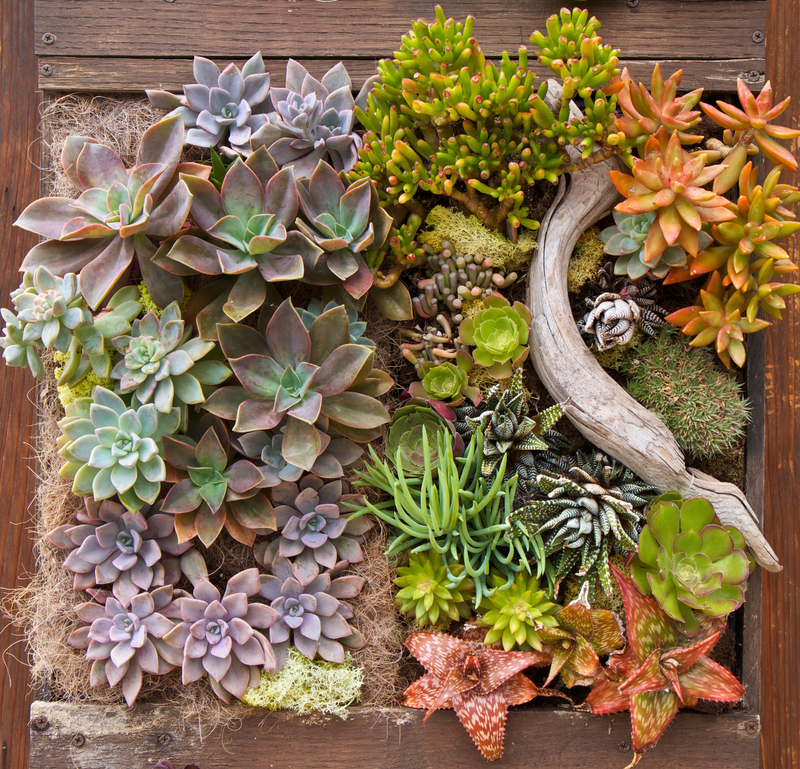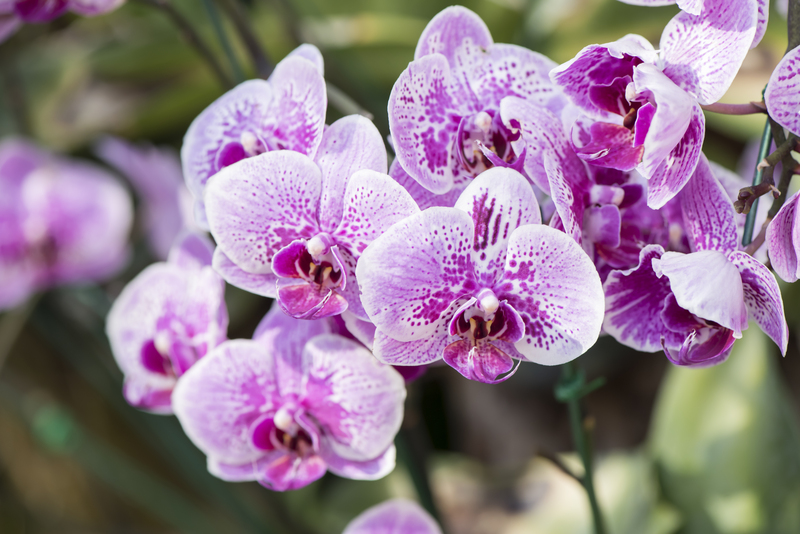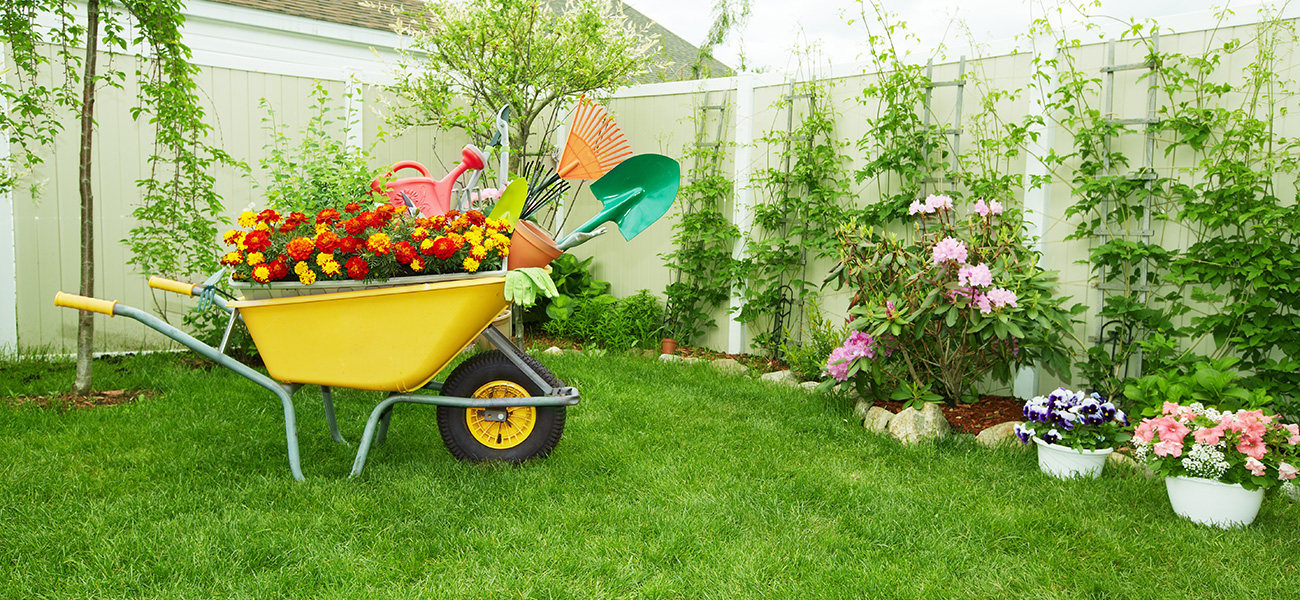Master the Art of Weed Control with These 3 Tips
Posted on 25/08/2025
Master the Art of Weed Control with These 3 Tips
Weeding can be a never-ending battle for gardeners and homeowners alike. If you want a beautiful, disease-free, and flourishing landscape, learning effective weed control techniques is essential. In this detailed guide, we'll reveal the most effective strategies to master weed control and keep your garden looking pristine all season long.
Why Is Effective Weed Control Important?
Before diving into the top weed management tips, it's crucial to understand why weed control is vital for your lawn and garden:
- Weeds compete for nutrients, sunlight, and water with your desirable plants, depriving them of vital resources.
- They can harbor pests and diseases that threaten your garden's health.
- Uncontrolled weeds detract from your landscape's aesthetic appeal and can lower property value.
- Some weeds release chemicals that inhibit the growth of other plants (a process known as allelopathy).
By understanding the dangers, you'll be motivated to implement comprehensive weed suppression methods and keep your garden thriving.

3 Expert Tips to Master the Art of Weed Control
Tip 1: Prevent Weeds with Mulching
One of the most powerful weed control techniques is prevention. Mulching is a gardener's best friend when it comes to stopping weeds before they even start. Here's how successful mulching can transform your gardening experience:
- Blocks sunlight: A thick layer of mulch deprives weed seeds of the sunlight needed for germination and growth.
- Maintains soil moisture: Mulch helps the soil retain water, benefiting your plants and making the environment less welcoming for weed growth.
- Regulates temperature: Mulch insulates the soil, keeping roots cool in summer and warmer in winter.
- Improves soil health: Organic mulch decomposes, adding nutrients and organic matter to the soil.
Effective mulch materials include: wood chips, shredded bark, straw, pine needles, grass clippings, and compost. For best results, apply a 2-4 inch layer around your plants, being careful to keep it away from stems and trunks to prevent rotting.
Pro tip: *Replenish mulch as it decomposes. Keep an eye out for bare spots, as these can quickly become homes for new weeds.*
Tip 2: Pull Weeds Effectively and Consistently
Even with preventive measures, some weeds will inevitably appear. Hand-pulling remains one of the most effective non-chemical weed management strategies--if done correctly!
- Weed after rain: Moist soil makes it much easier to extract weeds by the roots, which prevents regrowth.
- Use the right tools: Invest in a weeding fork, hand trowel, or a stand-up weed puller for stubborn weeds or those with deep taproots.
- Remove the root: Many weeds, such as dandelions, will regrow if even a small piece of root is left behind.
- Be vigilant: Walk your garden weekly and pull new weeds promptly. Young weeds are much easier to remove than mature ones!
For large areas or persistent weed problems, consider using weed torches, which can effectively kill weeds in gravel paths, driveways, or cracks in pavement.
Consistency is key: Regular weeding prevents seed dispersal, protecting your lawn and flowerbeds from future infestations.
Tip 3: Use Smart Planting and Ground Covers for Weed Suppression
Smart garden planning is a natural form of weed control. Dense planting and the use of ground covers make it much harder for weeds to find the space and light they need.
- Plant densely: Group flowers, vegetables, and shrubs close enough that their leaves eventually shade out bare soil, blocking weed seeds from sunlight.
- Use living mulches: Low-growing ground cover plants, such as creeping thyme, sedum, ajuga, or vinca, crowd out unwanted plants and provide year-round beauty.
- Rotate crops: In vegetable gardens, changing the location of crops each year helps disrupt weed cycles and protects soil health.
- Choose competitive plants: In lawns, opt for fast-growing grass varieties that naturally outcompete weeds. Overseed bare spots promptly to prevent weed encroachment.
Bonus: *A thick, thriving ground cover not only reduces weed pressure but also minimizes erosion and provides habitat for pollinators!*
Additional Strategies for Long-Term Weed Control
While the three main tips above are fundamental to mastering weed control, here are a few additional techniques to keep your landscape weed-free all year long:
- Solarization: Cover beds with clear plastic for 4-6 weeks in summer; the heat kills weed seeds and pathogens.
- Landscape fabric: Applying a weed barrier beneath mulch can offer extra protection--but remember, organic debris can accumulate on top and become a new seedbed, so maintain your fabric!
- Manage borders and edges: Install edging between lawns and flowerbeds to prevent runners like crabgrass or Bermuda grass from invading.
- Spot treat with herbicides: If using products, select targeted, environment-friendly formulas and apply with care to avoid harming other plants or beneficial insects.
- Practice "no-till" gardening: Disturbing soil brings buried weed seeds to the surface, increasing germination. Minimal tillage can help keep weeds in check.
Remember: There is no single solution to total weed elimination, but combining cultural, mechanical, and chemical approaches is the surest path to lawn and garden success!
Common Weeds and How to Identify Them
Part of mastering weed control is knowing your enemy. Here are a few unwanted invaders you might encounter:
- Dandelions: Bright yellow flowers and deep taproots; spread quickly by seed.
- Crabgrass: Grows low and spreads sideways, thriving in thin or bare patches of lawn.
- Chickweed: Small, low-growing with tiny white flowers; prolific seeder.
- Bermuda Grass: Aggressive and spreads by both runners and seeds--can suffocate other plants.
- Bindweed: Twining vine with white/pink trumpet-shaped flowers--very difficult to eradicate due to deep roots.
Tip: Regularly inspect your garden for these and other troublemakers. Early identification and removal give you a huge advantage!
Natural and Organic Weed Control Methods
Many gardeners prefer organic weed removal techniques to protect the environment, children, and pets. Here are some popular, chemical-free options:
- Boiling water: Pour directly on weeds in pathways or driveways--cooks the plant instantly (avoid contact with desirable plants).
- Vinegar sprays: A mix of household vinegar with a bit of dish soap can help desiccate leaves; best for young weeds.
- Corn gluten meal: Acts as a pre-emergent herbicide, preventing seeds from germinating--safe for lawns, but must be applied at the right time.
- Flame weeders: Handheld torches effectively wilt small weeds on hard surfaces.
Note: Organic methods are most effective when weeds are small and before they set seeds.
Seasonal Weed Control Checklist
Effective weed management is a year-round commitment. Use this quick checklist to stay ahead each season:
- Spring: Lay new mulch, overseed bare spots, spot-treat emerging weeds, and refresh landscape fabric if needed.
- Summer: Continue regular hand-pulling, mow high to shade weed seeds, and utilize solarization for new beds.
- Fall: Remove late-season weeds before they go to seed, apply a final mulch layer, and sow cover crops to smother winter weeds.
- Winter: Plan crop rotations, service weeding tools, and map out trouble areas for next season's improvements.
Following a proactive schedule makes mastering weed control much easier!

The Benefits of Proper Weed Management
- Healthier, more productive vegetable gardens and flower beds.
- Increased curb appeal and higher property value.
- Reduced need for chemical herbicides--safer for pets, wildlife, and pollinators.
- Less time spent struggling with weeds, more time enjoying your garden!
Mastering weed control truly unlocks your garden's full beauty and potential.
Conclusion: Become a Weed Control Pro!
By practicing mulching, regular weeding, and smart planting, coupled with a few advanced techniques, you'll be well on your way to controlling garden weeds with ease. Remember, there's no one-size-fits-all solution, but with consistency, vigilance, and knowledge, you can keep even the most stubborn invaders at bay.
Your efforts will be rewarded with a lush, vibrant landscape that's the envy of the neighborhood! So grab those gloves, apply these proven tips, and become a master in the art of weed control today!
If you found this weed control guide helpful, share it with your fellow green thumbs and let us know your favorite strategy in the comments below. Happy gardening!
```Latest Posts
Designing a Magical and Safe Garden Space for Your Kids
Transform Your Garden With These Inspiring Seating Area Ideas
Transforming a Neglected Garden: Your Starting Point



